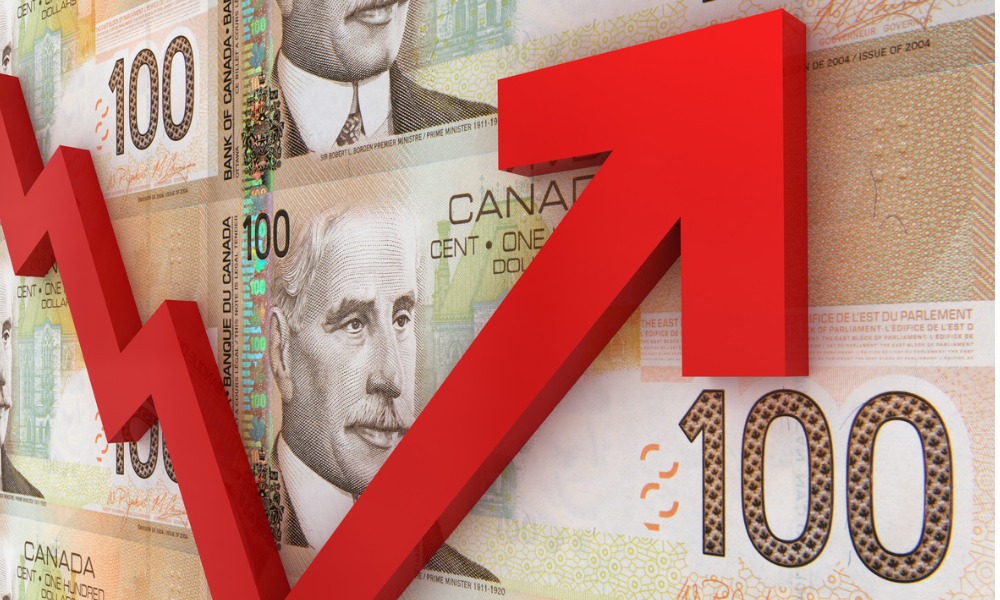Oil prices rise on Middle East supply concerns and China’s stimulus, lifting the loonie to a 4-week high

The Canadian dollar reached its highest point in nearly four weeks against the US dollar on Tuesday, as reported by Reuters.
This movement came after China's economic stimulus measures overshadowed Bank of Canada Governor Tiff Macklem's cautious outlook on further interest rate cuts.
Reuters reported that the loonie gained 0.7 percent, trading at 1.3450 to the US dollar, or 74.35 US cents. It had earlier touched its strongest level since August 28 at 1.3447.
Karl Schamotta, chief market strategist at Corpay, noted in a statement, “Risk appetite is rebounding across the currency markets after Chinese authorities unveiled a raft of stimulus measures designed to boost growth and reinvigorate market sentiment.”
China is a major importer of Canadian commodities like oil, contributing to the impact.
Oil prices rose due to China's stimulus and concerns over potential disruptions in the Middle East, along with hurricane threats affecting US supply.
US crude oil futures increased by 1.4 percent to $71.33 a barrel, while energy and metal mining stocks boosted Canada's S&P/TSX Composite index to a record high.
At a conference in Toronto, Macklem commented on the Bank of Canada's progress toward reducing inflation to the 2 percent target. He indicated that further interest rate cuts remain likely as inflation continues to decrease.
Canadian government bond yields displayed a mixed performance along a steeper curve.
The 10-year yield climbed by 1.3 basis points to 2.963 percent, while the spread between 2-year and 10-year rates widened by 2 basis points, reaching a 5.4-basis-point spread—the largest positive gap since July 2022.



